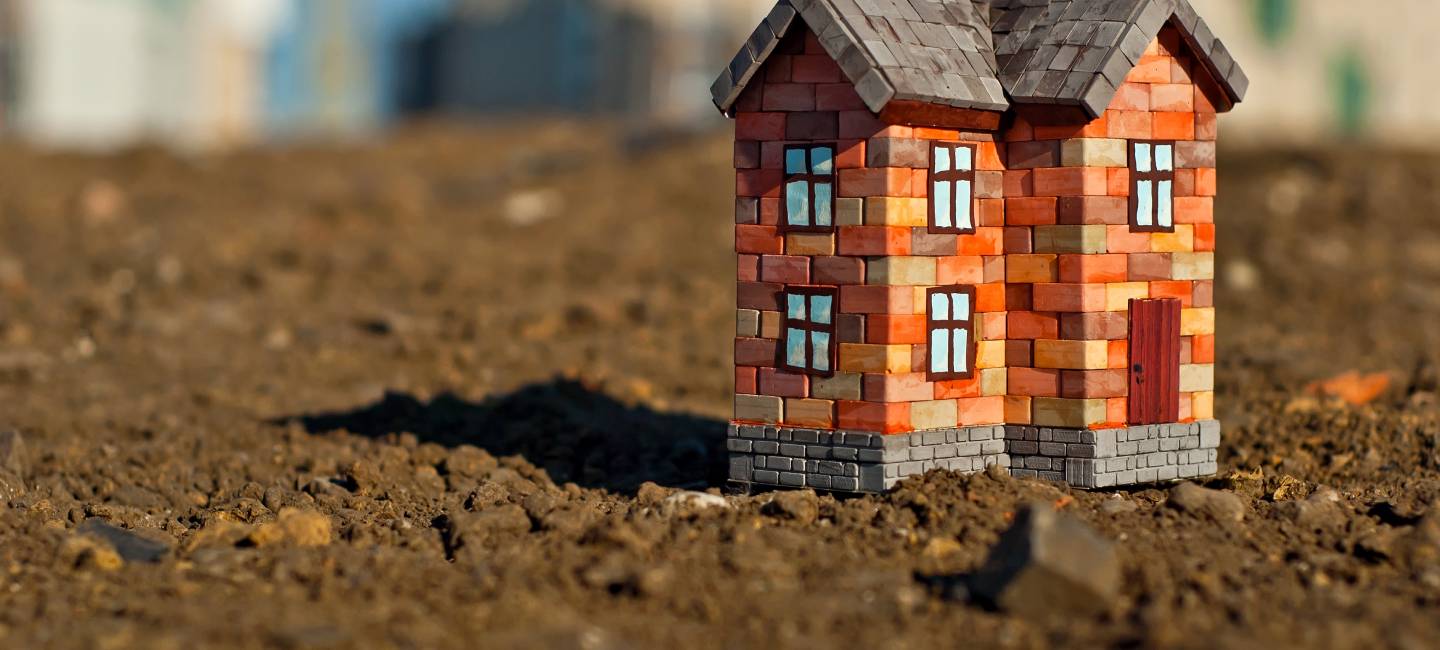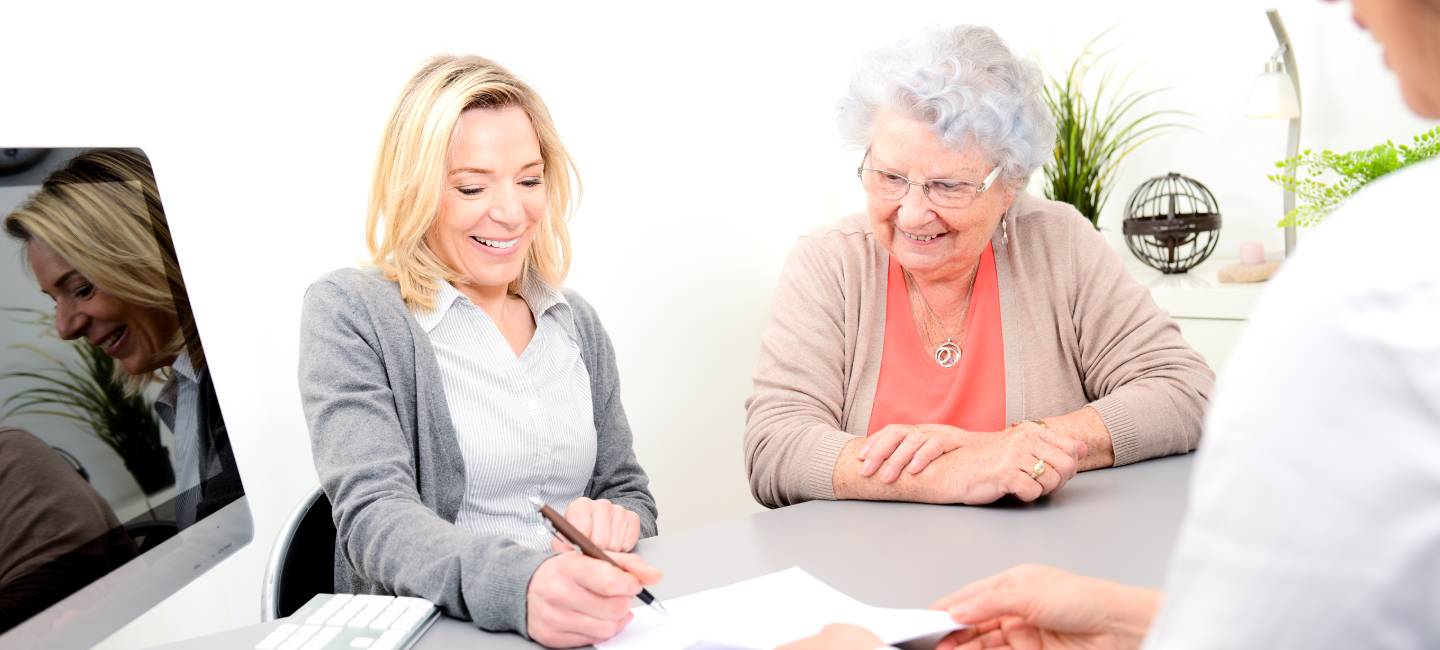Latest articles

Inheritance tax planning: 7 mistakes that increase your bill
Is your IHT planning watertight? We reveal the most frequent errors.

Get a great rate on your savings from Saga Money
Why you could be earning interest now instead of waiting until the new tax year.

Ground rent cap: What it means for your home and your pension
The government’s £250 ground rent cap could save leaseholders thousands – what does it mean for you?

Pension drawdown: How to take cash without going broke

What I wish I’d known before becoming an executor
Discover practical tips from someone who has done the job twice.
.jpg)
8 common neighbour disputes and how to solve them
Use these tips to avoid conflict and stay on good terms.

Saga Mortgages
Provided by Tembo
Find out all you want to know about mortgages with expert advice.
Saving and investing
Get smarter with our savings and investment articles
Saga Easy Access Savings Account

Saga Easy Access Savings Account
Get your money moving with our great rate.
- 4.00% AER / 3.93% gross p.a (variable).
- Includes a bonus of 1.25% AER (fixed) for 12 months and an underlying rate of 2.75% AER p.a. (variable).
In partnership with NatWest. Interest paid monthly. Available to UK residents 18+ only.




.jpg?la=en&h=354&w=616&hash=45308A49847631A160FBFBF97F170540)







.jpg?la=en&h=476&w=1440&hash=837FB8339853DB5FFD43C9EE0EE78EDB)


















